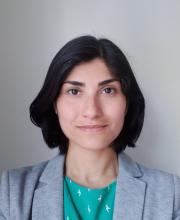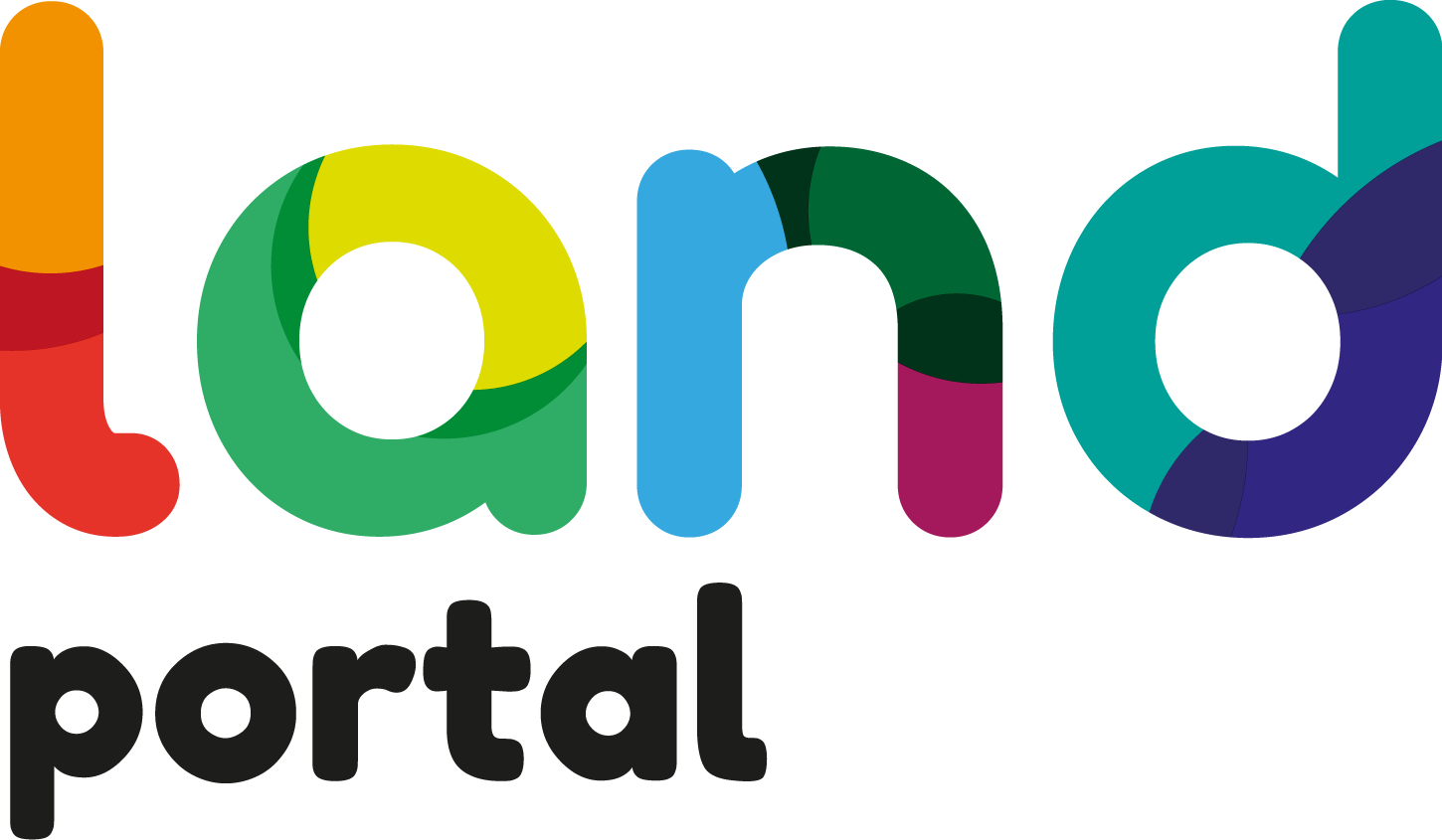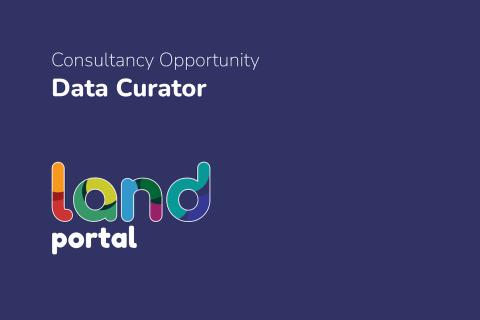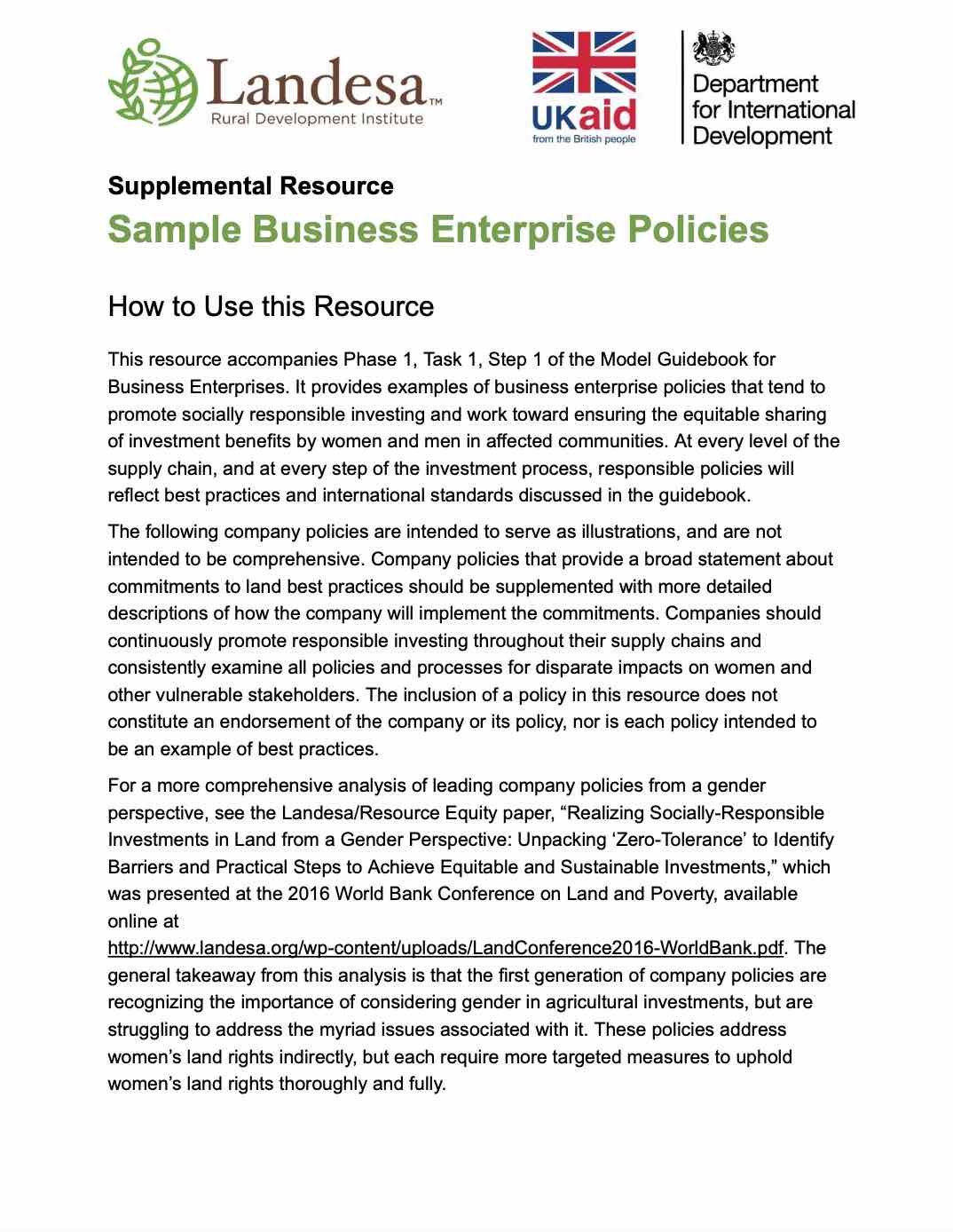
Topics and Regions
Romy leads the development of Land Portal's Country and Thematic portfolios, as well as the curation and ingestion of land-related publications and statistical datasets.
She is a communications specialist and policy advisor/project manager with more than 20 years of experience. She has worked previously with Embrapa (Brazil), CIFOR, FAO, GIZ, amongst other organizations on topics such as community forest management, payments for environmental services and agriculture & food security policy.
For the last 10 years her work has focused on land governance while as a project manager. In 2015 she supported the Global Donor Working Group on Land to advocate and secure SDG indicator 1.4.2 on land tenure security.
Romy holds a BA in Journalism from the Federal University of Pará, Brazil, and an Master of Science in Environmental Governance from the University of Freiburg, Germany.
Details
Affiliation:
Location
Contributions
Displaying 31 - 40 of 129About the Land Projects Database
The Land Projects Database is a tool that tracks development funding to projects that aim to improve land governance around the world. It is a joint initiative by Land Portal’s Foundation and the Global Donor Working Group on Land (GDWGL), intended to enhance transparency about land governance initiatives globally. With a comprehensive data collection, a user-friendly interface and optimised methods for regular updating processes, the tool provides information about the allocation of funds, the geographic distribution of projects, the approaches adopted and other information that allows donors and other groups to enhance coordination and avoid duplication of efforts in improving land governance in countries.
- Download the full dataset of the Projects Database
Data collection
1. Data sources
Three main sources of data have been identified to contribute to the Land Portal’s Projects Database.
- Land Portal’s projects database, focusing on projects that have been manually added over the last 5 years.
- The GDWGL’s Land Governance Programme Map
- The database from the International Aid Transparency Initiative (IATI), focusing on land governance projects.
2. Data selection from the International Aid Transparency Initiative (IATI)
The International Aid Transparency Initiative (IATI) is a global initiative aimed at improving the transparency of development and humanitarian resources. Organisations involved in international development share information about projects and expenditure through an open XML data standard.
Land governance IATI activities were defined as activities that in its title or description contained one of the following key terms.
1. land tenure
2. land administration
3. land governance
4. land management
5. land rights
6. tenure security
7. land registration
8. land reform
9. land use planning
10. land access
11. land titling
12. forest land
13. land policies
14. land ownership
15. urban land
16. customary land rights
18. land conflicts
19. indigenous lands
20. land records
21. land disputes
22. land deals
23. land law
24. land acquisitions
25. gender equity in access to land
26. land register
27. land concession
28. land productivity
29. land loans
30. land degradation
31. land use policy
32. expropriation
The key terms were defined following this set of criteria:
- Terms which are highly frequent in Land Portal’s website
- Terms which are higher in the LandVoc hierarchy
- Terms which are highly frequent in the GDWGL’s Land MapTerms frequently used by users on search engines, and which drive them to the GDWGL’s Land Map.
Land governance IATI activities were retrieved from the IATI Datastore API. Original XML documents containing each activity in its original published form were obtained using the parameters of the IATI Standard Query Parse. Information was then extracted from each individual XML activity to construct the Land Portal Projects’ Database data model.

Data processing
1. Land Portal’s Projects Database model
A simplified and unified data model was created to incorporate information collected from different sources.
|
Field |
Definition |
Data processing |
|
source |
Source data collection |
Abbreviations for the source data collection: IATI, LP, DM, etc. |
|
code |
Projects’ identifier |
IATI identifier for Land Governance IATI activities, custom identifier for other data sources |
|
nid |
Specific identifier for projects in the LP collection |
|
|
reporting_org |
Organisation that reported the activity. Specific for projects in the IATI collection. Empty for projects coming from other data sources |
|
|
title |
Project's title |
For projects coming from the IATI collection, the title represents the title narrative in ENG. When the ENG narrative was not available, any other title narrative was used. For projects from other data collections, it takes the value of projects’ title. |
|
description |
Project's description |
For projects coming from the IATI collection, general description, objectives, target groups, and other activities’ description types were merged into a single HTML formatted text. Descriptions narratives of the land governance AITI activities in languages other than English were only used if an English description narrative was unavailable. Project’s “summary” in the GDWGL’s Land Map, was assumed as general description and are presented as HML formatted text. LP project description is shown as general descriptions and are presented as HML formatted text. |
|
project_value |
Committed or actual funds flowing into a project |
For projects coming from the IATI collection, project_value represents the sum of committed transactions in EUR. Transactions are defined as recording committed or actual funds flowing in or out of an aid activity. Only outgoing commitment transaction type was considered. All transactions in currencies other than EUR were converted into EUR using the transaction date and forex-python 1.8. For transactions in XDR currency, exchange rates were retrieved from IMF Exchange Rates tool. “funding” and “project_value” information coming correspondlty from the GDWGL’s Land Map and LPF’s Project’s Database was assigned as project_value. |
|
currency |
project_value currency |
For projects coming from the IATI collection, currency is always EUR due to executed currency conversion process. For projects from other data collections, it informs about the project_value currency. |
|
contact_email |
Project’s contact email |
For projects coming from the IATI collection, contact_email reports the email item narrative from the contact-info element. Only the first email is reported, disregarding the contact info type. For projects coming from other sources, it presents the reported contact email. |
|
contact_web |
Project's website or website of a participating organisation |
For projects coming from the IATI collection, contact_web reports the website item’s narrative from the contact-info element. Only the first website is reported, disregarding the contact info type. For projects coming from other sources, it presents the reported project’s website. |
|
contact_address |
Mailing addresses of participating organisations |
For projects coming from the IATI collection, contact_address reports the mailing-address items’ narrative from the contact-info element. For projects coming from other sources, it presents the reported contact address. |
|
start_date |
Project’s start date |
For projects coming from the IATI collection, start_date reports the actual start date of the activity-date element. Planned start dates are used when actual start dates are unavailable. For projects coming from other sources, it presents the reported project’s start date. |
|
end_date |
Project’s end date |
For projects coming from the IATI collection, end_date reports the actual end date of the activity-date element. Planned end dates are used when actual end dates are unavailable. For projects coming from other sources, it presents the reported project’s end date. |
|
funding_org |
The field indicates the donor organisations funding the project |
For projects coming from the IATI collection, funding_org reports the narrative of the participating-org element with the funding role. For projects coming from the GDWGL’s Land Map collection, funding_org reports the “funder_names”. For projects coming from the LPF’s Projects’ Database, the field presents the reported donor. Organisations not in the LP organisation database are labelled as “other organizations”. |
|
implementing_org |
The field indicates the organisations engaged in the project's implementation, including accountable, extending and implementing organisations. |
For projects coming from the IATI collection, implementing_org reports the merged narratives of the participating-org element with accountable, extending, and implementing organisation roles. For projects coming from the GDWGL’s Land Map collection, implementing_org reports the “implemented_by” field. For projects coming from the LPF’s Projects’ Database, the field presents the reported “implementing_org”. Organisations not in the LP organisation database are labelled as “other organizations”. |
|
geographical focus |
The field indicates the country where the project operates or where the funds are received. |
For projects coming from the IATI collection, geographical focus is built upon the country code of the recipient-country element. For projects coming from the GDWGL’s Land Map collection, geographical focus reports the “country_names” field. For projects coming from the LPF’s Projects’ Database, the field presents the reported “country”. Countries’ full name are reported. |
2. Donor and implementing organisation inputs
In a preliminary phase, after harvesting the datasets from the IATI Datastore API, Land Portal’s Projects Database was sent to donors and implementing agencies to be reviewed and complemented. During this phase, 12 projects were manually added by Omidyar Network (8) and the Austrian Development Agency (4).
Limitations
As with any initiative trying to convert complex data into a simplified model, there are important limitations:
- Granularity in project values: In the IATI dataset, "Budgets" and "Transactions" represent complex information, with several values for each quarter of the project's duration. We offer a simplified version of transactions for each activity, focusing on outgoing commitments. Budgets have not been considered.
- We prioritised data integrity preservation: In the IATI datasets, despite a project's description possibly mentioning implementation in several countries, the geographical scope of the project is retained as originally reported.
- Aggregation issues: Multiple project phases might be reported as separate projects. Similarly, programs with multiple projects might also be grouped into a single entry.
Contact us
If you have any questions about the Land Projects Database, including on the data we used or our methodoloy, please write to: data@landportal.info
Promises and realities of land formalization in Africa
Has land formalization - as a type of land reform - delivered on the promises of improving tenure security, agricultural productivity and women's land access? Learn more in this data story.
Data Curator - consultancy
Other organizations (Projects Database)
Land and environmental rights defenders in the context of land grabbing and large-scale land deals
Fourth online session of the land corruption working group, hosted by Transparency International and WWF
The complexities of measuring the impact of land projects
This data story reflects on the complexities of measuring the impact of land governance projects and summarize some of the best practices on impact evaluation from the well-known guidelines on the topic.
Coping with climate stress in times of land insecurity: What do locals say?
This blog post is part of the series What to Read. This issue has been developed in the frame of a project in collaboration with ANGOC, ALRD and funded by the Global Forum on Agricultural Research (GFAR).
Documents required for formal recognition of land tenure rights and transactions for 68 countries
This table provides a listing of official documents required for the legal recognition of land tenure rights and land transactions. The database covers 68 countries in the world, including most countries in Sub-Saharan Africa. This database was prepared for national statistical organizations, research institutes and others undertaking population surveys on land tenure. It will enable them to prepare questionnaires and facilitate the coding of land documents reported by respondents.
Job Opportunity: Country Research Consultants for French and Spanish Speaking Countries
We are looking for two consultants to conduct research on the land governance situation in French and Spanish speaking countries.
Supplemental Resource: Sample Business Enterprise Policies
This resource accompanies Phase 1, Task 1, Step 1 of the Model Guidebook for Business Enterprises. It provides examples of business enterprise policies that tend to promote socially responsible investing and work toward ensuring the equitable sharing of investment benefits by women and men in affected communities. At every level of the supply chain, and at every step of the investment process, responsible policies will reflect best practices and international standards discussed in the guidebook.










